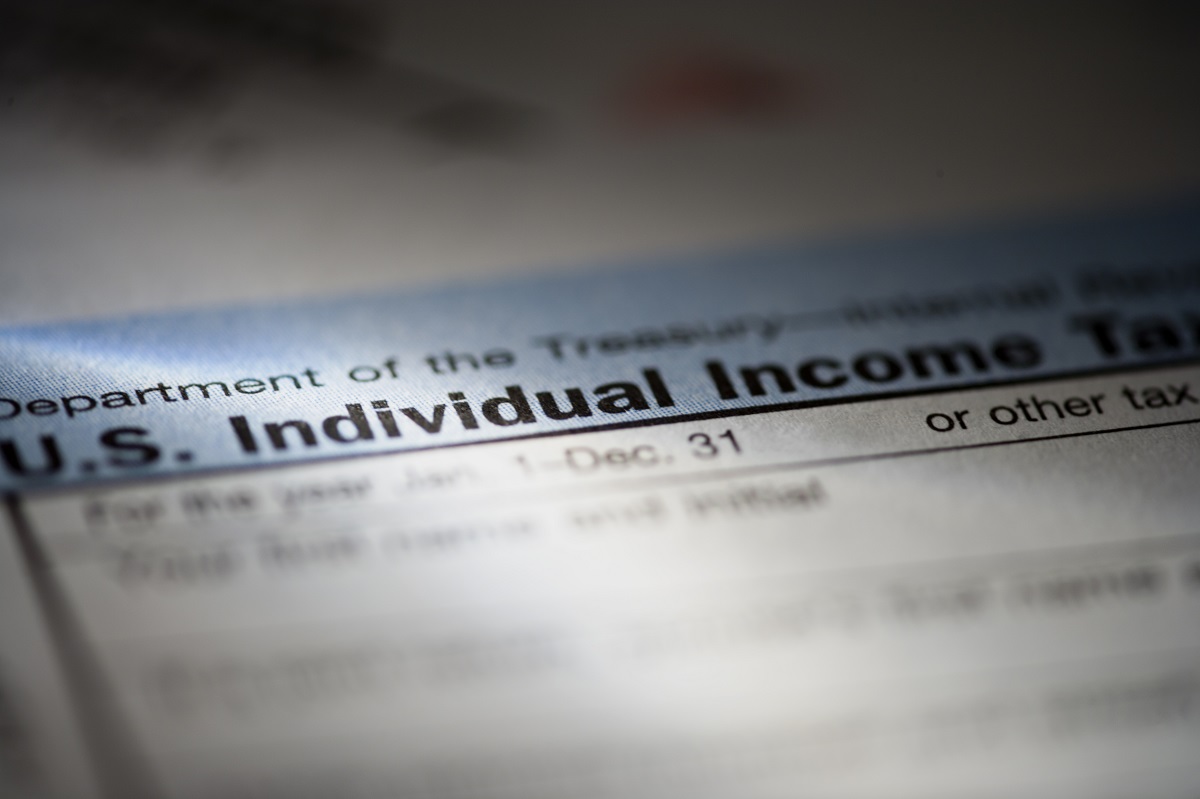
Linda Greenhouse predicts the Supreme Court will refuse to hear the tax return cases.
The DACA case? G*d only knows. My guess is remand...kick the bloody consequences of Trump's cancellation of DACA back into his own lap. That is based on the assumption that Roberts is the `institutionalist' many observes claim he is. Their best evidence is his Medicaid compromise and tax power ruling in the ACA case (Sebelius v. NFIB). That saved him from throwing millions off health coverage they had gained from ~Obamacare'; while allowing him to create a majority for gutting the Congress's commerce clause power. - gwc
Can the Supreme Court Save Itself? Linda Greenhouse - NY Times
****
The Trump lawyers’ Supreme Court petition, referring to Mr. Vance as “politically motivated,” “a lone county prosecutor,” instructs the court that “a sitting president should be categorically immune from state criminal process.” The subpoena “threatens the balance of power between the national and state governments,” the lawyers assert, adding that criminal prosecution would impose “a distinctive and serious stigma” on a sitting president. Someone who had not read Chief Judge Katzmann’s careful opinion might suppose that the case actually presents these issues. But the opinion is only 29 pages long, and the justices will surely read every word.
The other case, Trump v. Mazars USA, is not yet a formal appeal. The president’s private lawyers are asking the justices for a stay of a decision by the federal appeals court in Washington to enforce a similar subpoena issued to the same accountants by the House Committee on Oversight and Reform. A stay would give the lawyers time to file a formal petition; without it, the accountants have said they would comply with the subpoena. On Monday, Chief Justice Roberts put the appeals court’s decision on a brief hold and gave the House committee until Thursday to respond to the stay request.
Whether the Supreme Court ultimately grants review in these cases is purely discretionary. In their preliminary posture, and in the absence of conflicting opinions from other courts, the cases don’t satisfy the justices’ ordinary, if loosely defined, criteria for cases worthy of their attention. The president’s lawyers appear to recognize this, compensating with their hyperbolic language about the dire consequences to the presidency and the country if the subpoenas are enforced.
I remember similar arguments in the Paula Jones case, when President Bill Clinton’s lawyers went to the Supreme Court with the claim that a sitting president should not be subject to a lawsuit. Mr. Clinton lost that argument by a vote of 9 to 0. What should the court do with the Trump tax cases? If the justices play by their ordinary rules, they will turn them down. (Whether to grant a stay is a different matter, of little consequence in the scheme of things.)
In fact, I’ll predict here that contrary to the expectations of many people who foresee a big Supreme Court showdown over presidential power, that’s what the court will do. Certainly Chief Justice Roberts wants nothing to do with these cases. He knows that he is highly likely to be presiding over a Senate impeachment trial early in the new year, at the same time the court would be scheduling the cases for argument. Would he have to recuse himself? He might well choose to, raising the possibility of a 4-to-4 tie, which would affirm the lower court decisions and accomplish nothing beyond leaving the court out on a limb it never needed to climb.
No comments:
Post a Comment